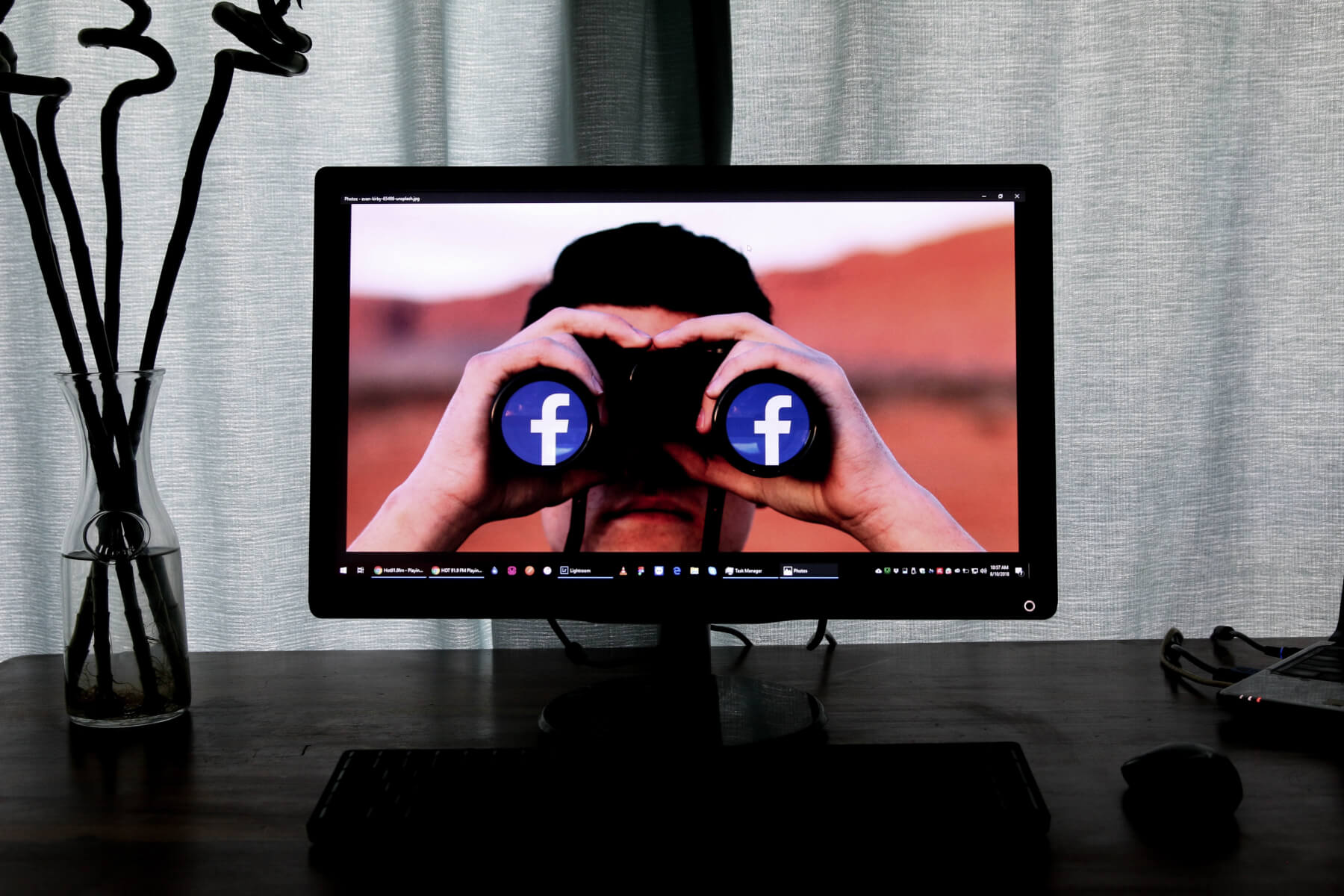Facebook can be considered the poster child for social media bad behavior. No year passes without a scandal, a congressional hearing, or pissed off users shouting out something about privacy. To avoid, and prevent future problems, Facebook set up an independent body named the Facebook Oversight Board, to review its content moderation and regulate the platform.
First announced by Facebook back in November 2018, the board will have the power to overrule even Facebook CEO Mark Zuckerberg on the matter of controversial posts. It will administer requests from Facebook and Instagram users, and question Facebook itself if need be.
“I do think it’s obvious to most people that we can’t carry on in a world where it’s basically Facebook and ultimately Mark Zuckerberg who takes decisions on what content gets removed or stays up,”
Said Thorning-Schmidt
One of the board members is former Danish Prime Minister, Helle Thorning-Schmidt. A fighter for gender equality, freedom of speech, and equal rights, Thorning-Schmidt as one of the co-chairs of the Oversight Board, warned that if the regulations get too heavy-handed, they will negatively impact freedom of speech.
“It might not be ideal and it might be a small step, but it is a step in the right direction to finally have an independent board, an oversight board, that can make these decisions.”
Said Thorning-Schmidt
Being one of four co-chairs, she stated in CNBC’s “Squawk Box Europe” that she believes that politics have to play a role in the regulation of any social media platform. She also stated that this role can’t be too strict or severe. She underlined the fact that we need to ask for regulations, but not to overdo it, because it will affect freedom of speech in the years to come.
On the other hand, she used heavy-handed tactics, tugging on the heartstrings of the public and media, employing as an example the internet shutdown in Belarus to point out the fact that Facebook is impartial. This is after harsh comments from users, advertisers, and civil rights groups, about the handling of hateful content and disinformation on the platform. All leading up to this Thursday, when Facebook announced that it would ban new political ads a week before the 2020 U.S. elections.
Bottom line, it all comes down to the users, not the company. Sure, an internal board to act as internal police, independent or run by the social media platforms rather than imposed by the Government, will show its ugly face. Sooner or later users will have to be treated as adults, not as children that don’t know what they do online. Users are not numbers.
Users define the platform that they populate, and they set the tone of the conversation. Depending on the quality of the user, that tone can be noise or music. As horning-Schmidt said, ultimately Mark Zuckerberg is the one who takes decisions on what content gets removed or stays up.
Regulations are needed, especially when users are willing to shovel filth into the public eye, and then enjoy anonymity. But if we start treating all users as problematic and potential troublemakers, because they have a dark sense of humor, that becomes a more a social issue, not a subject for a regulatory board. There is always going to be some entity that will abuse the system and use grey channels to publish on the platform. Where there’s a will, there’s a way.
For its part, Facebook is right to fear these changes. With the recent Congressional hearing and more and more users leaving the platform, more censorship will mean a new exodus. They have to be fearful of the strong arm of the law, as the law has to have a wary eye on any social media platform so as not to affect State affairs. Facebook has supported the establishment of a board and even welcomed the possibility of more internet regulation. In the meantime, the company is forced to pay publishers for content in Australia, being threatened with a nationwide block.
This is not the hill that Facebook is going to die on. If the popular social media platform is to ever die, it will be of its own doing, or user choice. But also, if a Government or any entity regulates with a heavy hand, the risk is not only for free speech but also for future understanding of what free speech is. We use social media for almost everything today, and with this aspect of life, also comes communication. If certain words, images, sounds, or ideas are banned, they will find a place or they will slip through the cracks, as they have always done. Or worse… move in the streets to defend and debate.
Follow TechTheLead on Google News to get the news first.





















